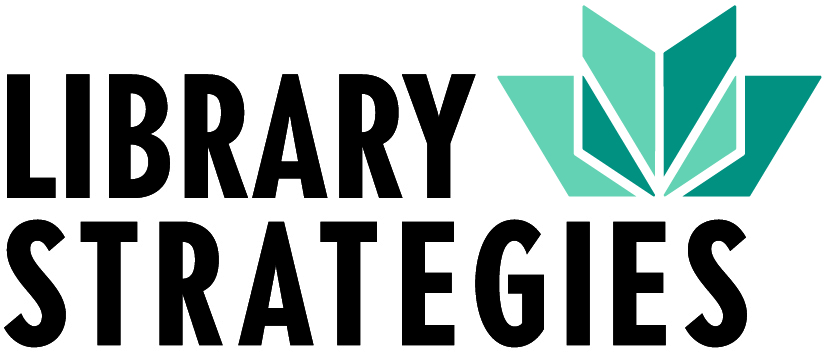An Update on Framing the Future – Advancing Strategic Planning for Small and Rural Libraries
Library Strategies’ IMLS-funded partnership with the Montana State Library is proceeding into Phase Three – conducting strategic planning processes for four to six libraries in the five participating states. This means it’s an excellent time to look back at the results we are beginning to see for our partner libraries.
Framing the Future: First Phases
Beginning last fall partners held 14 workshops for 406 participants that prepared facilitators for strategic planning and understanding implicit bias and equity in library work. According to survey results, the workshops resulted in increased awareness of the ways bias creates barriers to the underserved, increased confidence in seeking input from under-represented community members, and increased awareness of the importance of strategic planning and its role in lowering barriers.
In Phase Two, Library Strategies facilitated a training institute in Billings, Montana to provide professional development for staff to develop skills needed to facilitate the strategic planning process. The training session focused on:
- The Why of Strategic Planning
- Overview of the Rapid Results Planning Process
- Community Engagement
- Mock Visioning Session
- Key Factors in Drafting a Plan
- Implementation Planning
- Final Products, Approvals & Results of Planning
These sessions also saw the development of a facilitator cohort who now participate in regular check-ins with each other to share resources, feedback and learning. In the months since, facilitators have reported growing understanding of the tools and methods available to help design and implement the planning process, in particular when dealing with large groups. Facilitators also report being excited to use what they’ve learned to engage in a planning process that truly seeks and uses feedback from all community members.
What’s next?
Plans are currently underway in 14 communities, and facilitators continue to have interest from small libraries in partner states. By the time grant reporting closes in 2023, they will have conducted 4-6 plans in libraries across the upper Midwest, Mountain States, and Arizona.
For Library Strategies, the process has been a remarkable journey in seeing just how our Rapid Results Planning Process is scalable to the needs of libraries of all sizes and service areas. We are learning from our facilitators and are looking forward to continuing to bring this sort of large-scale partnership into being with systems around the country. This kind of flexibility and deep community focus continues to be our strength as well as the strength of libraries. It’s what keeps us excited.
